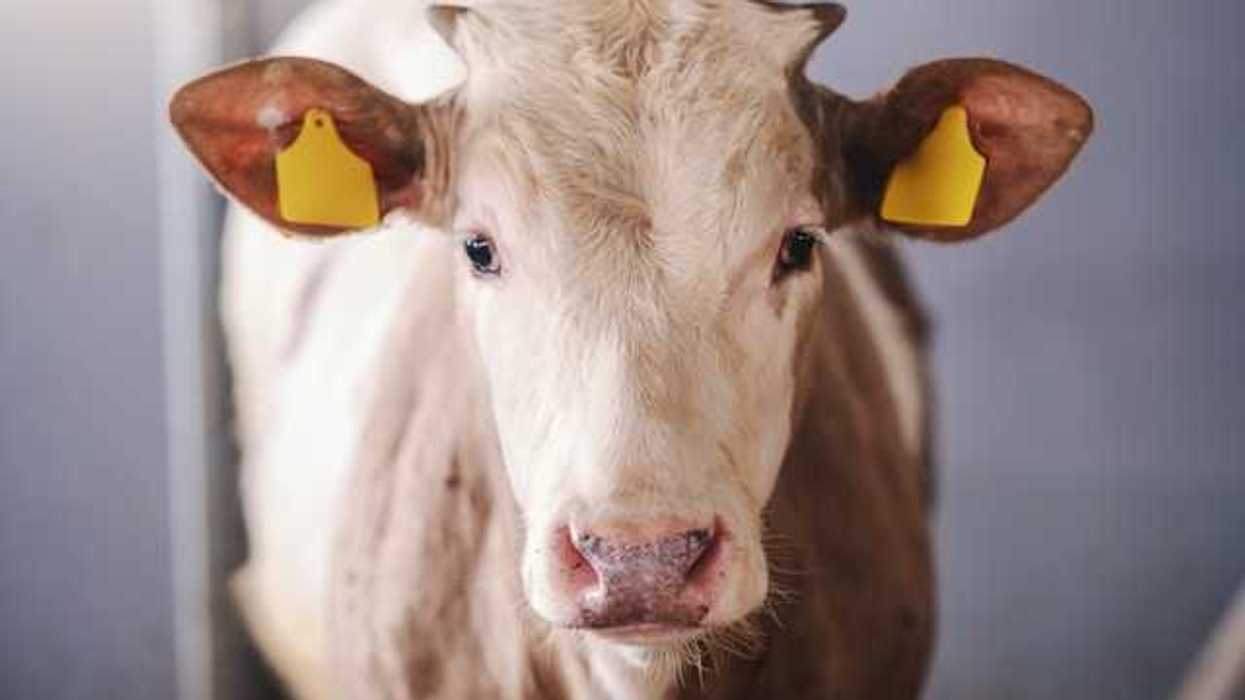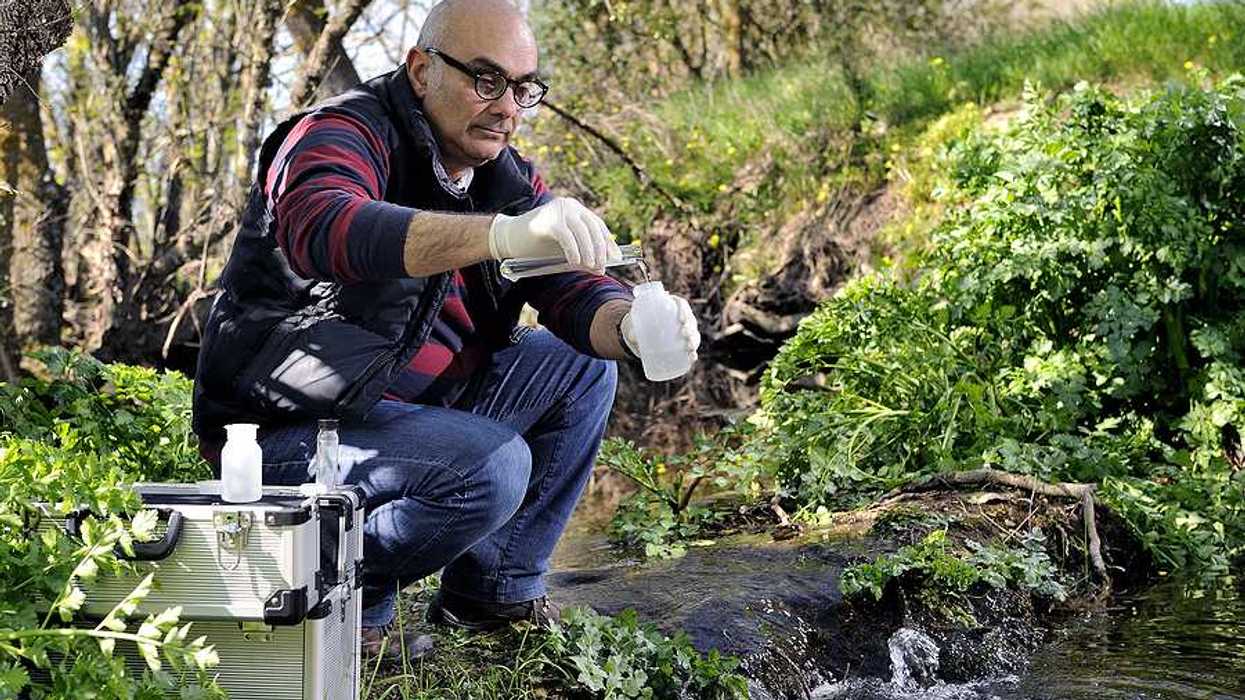Imagine a future in which disposing of a pair of worn-out shoes might mean simply adding them to the compost pile.
Giri Nathan reports for National Geographic.
In short:
- Romanian artisans and a South Carolina biotech company, MycoWorks, are innovating with mushroom-based textiles, offering an eco-friendly alternative to traditional leather.
- MycoWorks' material, called Reishi, is crafted from mycelium and agricultural waste, providing a sustainable and biodegradable option for fashion items like designer bags and upscale pillows.
- Advances in biotech allow for the growth of mycelium in controlled environments, presenting a viable, ethical, and environmentally sustainable alternative to animal leather.
Key quote:
"It has a bit of a velvety touch to it. It has a bounce. It has an absorptivity to the oils and heat that emanate from your fingers when you touch it."
— Matt Scullin, CEO of MycoWorks
Why this matters:
Mushroom leather not only offers a biodegradable option that could revolutionize waste management in fashion but also aligns with growing consumer demand for sustainable and ethically produced goods. The search continues for sustainable textiles and alternatives to fast fashion.














